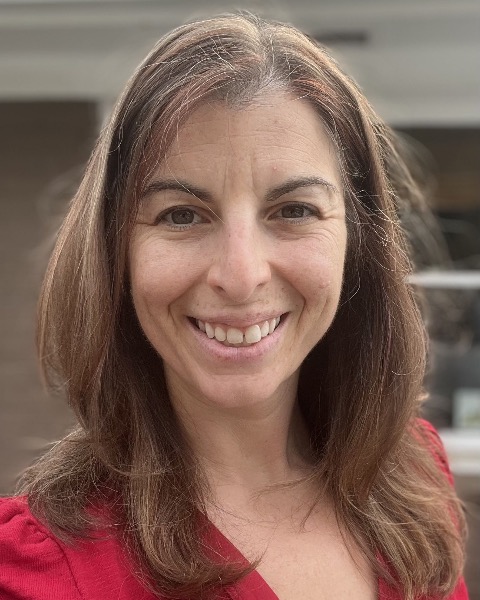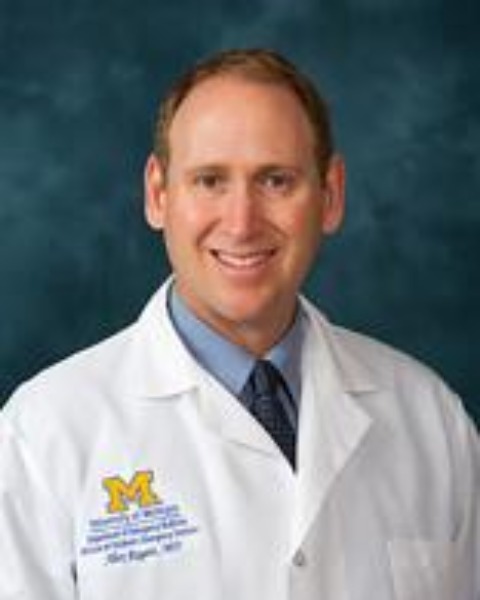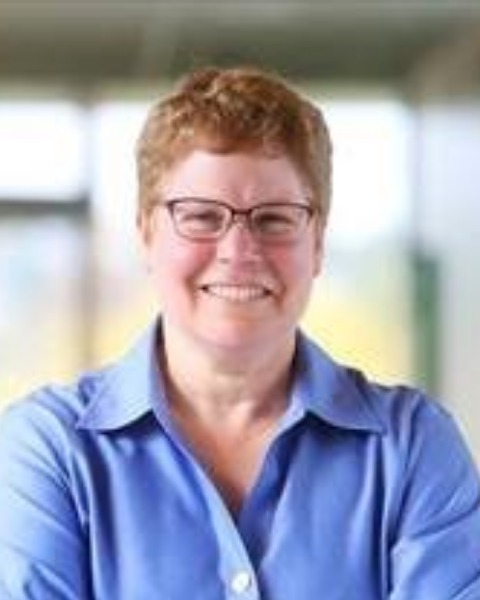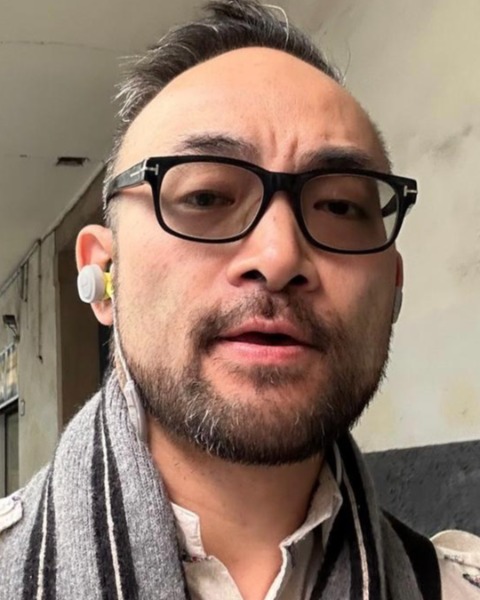Academic and Research Skills
Clinical Research
Health Services Research
Analgesia & Sedation Research Agenda Workshop
-

Rebecca Burger, MD, FAAP, FACEP (she/her/hers)
Associate Professor of Pediatrics and Emergency Medicine
Emory University School of Medicine
Decatur, Georgia, United States -

Alexander Rogers, MD (he/him/his)
Professor of Emergency Medicine and Pediatrics
University of Michigan Medical School
Ann Arbor, Michigan, United States -
AD
Amy Drendel, DO MS
Professor of Pediatrics, Section of Emergency Medicine
Medical College of Wisconsin
Milwaukee, Wisconsin, United States -
.jpg)
Shobhit Jain, MD, FAAP, FACEP
Associate Professor of Pediatrics and Emergency Medicine
Emory University School of Medicine
Atlanta, Georgia, United States -
DT
Daniel Tsze, MD, MPH (he/him/his)
Professor of Pediatrics in Emergency Medicine
Columbia University Vagelos College of Physicians and Surgeons
New York, New York, United States -

Eileen Klein, MD, MPH (she/her/hers)
Professor, Pediatrics
Seattle Children's
Seattle, Washington, United States -

Todd Chang, MD MAcM (he/him/his)
Vice Chair for Education for Department of Pediatrics
Children's Hospital Los Angeles
Los Angeles, California, United States
Leader(s)
Co-Leader(s)
Workshop
Description: This workshop is for those who are interested in impacting the future of pediatric analgesia and sedation locally, regionally and internationally. The Pediatric Emergency Care Applied Research Network (PECARN) analgesia and sedation workgroup has created a comprehensive list of research priorities to address gaps in knowledge in pediatric analgesia and sedation. This prioritized research agenda was developed through a consensus process using a modified Delphi technique and engaged a multidisciplinary advisory group of more than 30 experts with international representation. Whether you already have a research study or implementation science project in mind or need help formulating one, this workshop will help you meet your current goals (i.e., feasibility/pilot study, residency/fellowship project, fundable trial, quality improvement project) to address these identified gaps in knowledge. Through networking and team science, you will come away with a research/implementation science topic and the framework for future research/quality improvement project to address the question/topic. In addition, you can identify possible co-investigators in other specialties or institutions.
Learning Objectives:
- Explore knowledge gaps within pediatric analgesia and sedation
- Construct study plans that address gaps in pediatric analgesia and sedation
- Appraise feasibility and execution of a research/implementation science project to address questions related to pediatric analgesia and sedation
